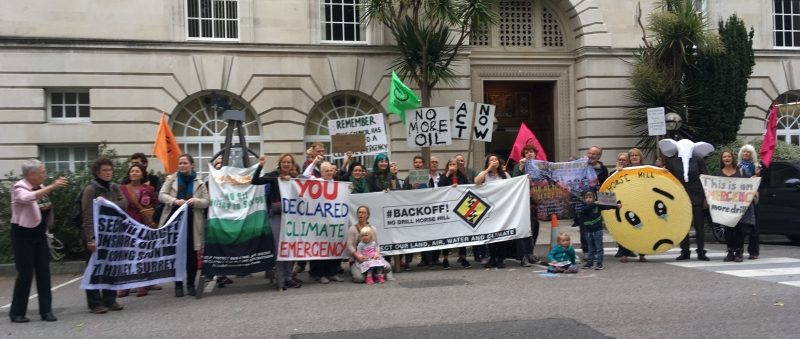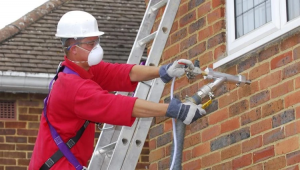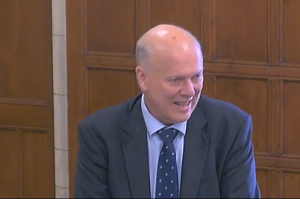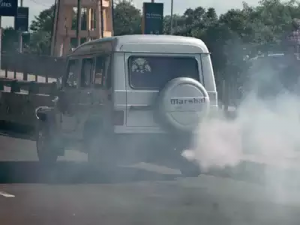On Thursday 15 June, Clean Air Day, Surrey County Council is launching the trial of two domestic kerbside electric vehicle (EV) charging solutions for Surrey residents who do not have access to off-street parking. The trial, one of the first in the UK, will allow residents to choose from two options – either cable gullies or a Trojan AON charger. Both connect to the residents’ domestic energy supply, to allow home charging for EVs without the need for a driveway.
Both options are being introduced as part of a trial, with limited numbers of each available. The trial will be used to assess effectiveness and popularity, combined with feedback from residents who participate. To find out more and to register for the trial, residents can visit this webpage.
The two products being trialled are cable gullies and Trojan AON chargers. Cable gullies are channels installed in the pavement that can be used to safely trail an EV charging cable, and AON chargers are installed on the pavement near the kerb with a cable laid underneath the pavement connecting it directly to a property’s own electrical supply.
Councillor Matt Furniss, Surrey County Council Cabinet Member for Infrastructure and Transport said: “Many Surrey residents have written to us in the last year with interest in new and innovative ways to charge electric vehicles from their home. I am delighted to be able to offer these two new kerbside charging products to our residents. I look forward to seeing the outcomes of this trial and hope this could provide another charging solution for residents and allow more people to switch to electric vehicles.”
In Surrey, almost half of our emissions come from transport, and about half of that is from private vehicles. So, reducing the emissions from the way we travel about – whether that’s by walking or cycling more, using public transport or switching to an electric car – can help to drastically reduce our carbon footprint. Electric vehicles produce no exhaust emissions, so are much cleaner than petrol or diesel cars. Approximately 40% of households in Surrey do not have access to a driveway at home, so innovative solutions are needed to encourage more people to switch to EVs.
The installation and maintenance of the cable gullies will be managed by Surrey County Council.
The AON chargers have been developed by Trojan Energy and Surrey County Council will license Trojan Energy to install, maintain and operate AON chargers on Surrey’s highways.
The Trojan AON charger differs from the cable gullies in that it can be shared across more than one local household to reduce the cost to residents. Both trials will involve a cost to residents.
Ian Mackenzie, Trojan Energy CEO, said: “At Trojan Energy, we understand the importance of accessibility and convenience when it comes to EV charging. That’s why we’re delighted to be part of this trial bringing innovative solutions to Surrey residents. Our home-connected Trojan AON makes EV charging fully accessible to residents who don’t have off-street parking, helping everyone benefit from the transition to EV.”
The trials are expected to run for a minimum of three years, with 30 cable gullies and 50 AON chargers being installed in the first year. A new quota will be agreed for the following years and if the trial is deemed successful, the limit on numbers will be removed. The aim of the trial is to understand whether there is demand for this type of charging method and whether this provides a good solution for residents without private parking. Several factors will be monitored throughout, including how easily the charge points are maintained and whether there is demand for continued use from Surrey residents.
Site selection for the cable gullies will take place in two stages. An initial survey will need to be completed to register interest and share location details. If the site is suitable, the electric vehicle team at Surrey County Council will contact applicants for a more detailed assessment.
Site selection for the AON chargers will be determined by Trojan Energy.
Related reports:
Let’s go Electric Epsom and Ewell
Council driving forward with electric chargers











